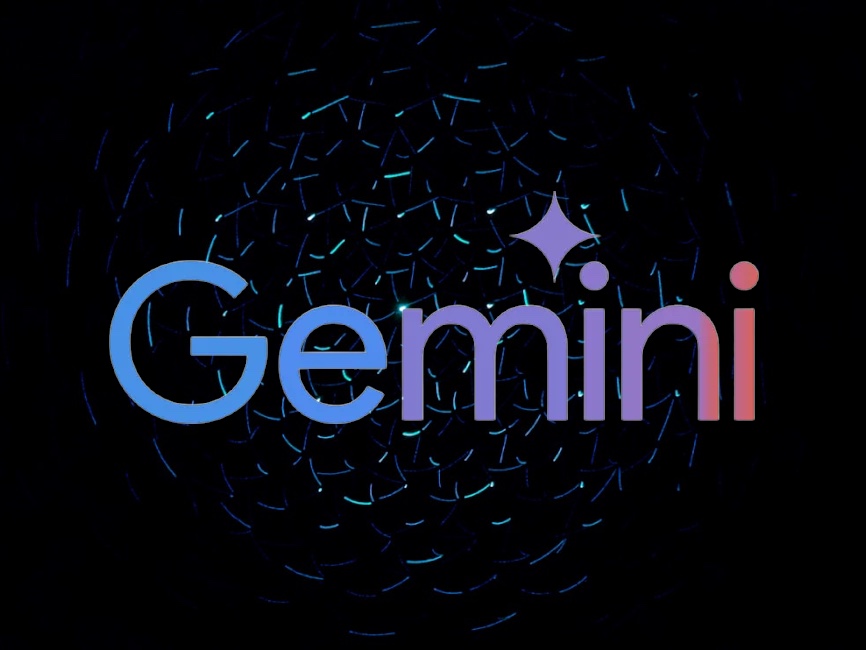Since its official launch on mobile platforms, Gemini hasn’t slowed its pace for a moment. New features, updates, and pivotal changes seem to happen daily – it’s been a whirlwind month! If you use Gemini, whether on mobile or web, keeping up with the constant shifts in the AI world can be overwhelming. That’s why I wanted to create a comprehensive recap of everything that’s happened with Gemini in February alone, along with some insider information on what you can expect next.
Major Updates: Google Integration Deepens
Let’s begin with the most impactful update from this past month: Gemini’s integration with Google Calendar events is a godsend for Android users eager to swap out Google Assistant for Gemini. This eliminates a huge hurdle facing those on the Android platform. Now, you can simply say “add a haircut appointment to my calendar,” and Gemini will walk you through the process, including the option to dictate the time and duration. Need to check your schedule? Ask Gemini to “show me my calendar events” or “do I have any upcoming calendar events?” – your recent entries will be neatly displayed.
But it doesn’t stop there. Google Tasks also got a Gemini boost. Setting reminders is now as easy as saying “open tasks” to see your whole list or “show my reminders” to get an overlay with the most recent items read aloud for you.
Now, here’s a biggie: starting on February 21st, the floodgates opened, allowing Gemini to infuse its AI magic into Gmail, Docs, and an array of workspace apps. Keep in mind, this is part of the $20-per-month Google One AI premium bundle. Let’s break down what this means:
- “Help me write” can generate bullet points, rephrase text, or switch between formal and informal tones.
- Proofread offers AI-powered enhancements that surpass ordinary spell check.
- “Create images” adds an incredible AI art generator to Google Slides.
- Gemini in Google Sheets can create tables, answer complex questions about your document, and summarize content.
- AI-generated backgrounds, lighting & sound enhancements elevate your Google Meet experience.
Google Chrome (version 122) also welcomed a Gemini-powered “Help me write” feature found in any text box and should be live across Mac, Windows, and Chromebooks. To unlock it, update your browser, head to settings, search for ‘experimental AI’, and switch on the feature. Then, right-click in any text box, select “Help me write,” and a pop-up lets you compose your desired text. The best part? It generates in-context suggestions, meaning if you’re reviewing sneakers, it’ll scan the web page for relevant keywords to improve accuracy.
What’s on the Horizon: Gemini 1.5 and Beyond
Last month wasn’t just about updates – it was also rife with news, previews, and exciting rumors! Let’s dive in:
- Gemini 1.5 Announcement: Poised to surpass the December-launched Gemini 1.0 in both power and efficiency, this upgraded model boasts the ability to tackle a whopping 128,000 tokens. That translates to analyzing content with over 700,000 words or even an hour of video! Problem-solving is also vastly improved. Though still in limited preview with select developers, it’ll be offered in its own pricing tier and eventually scale up to an astounding 1 MILLION tokens.
- Gemini in Google Messages: For a lucky few enrolled in the Messages Beta, talking directly to Gemini within the app is now possible. The functionality is similar to what we discussed earlier in the month. However, I can now confirm that it’ll roll out with English support first, expanding to over 165 countries. Supported devices include the Pixel 6 and up, Pixel Fold, S22 series and up, along with the Z Flip and Z Fold lines.
- Gemini on Headphones?: Buried within a recent Google app beta were hints that Gemini may be heading to Google Assistant-enabled headphones. This aligns with the flood of news we’ve covered, and it’ll be fascinating to see how AI-enhanced responses work with an audio-only experience. Will it offer playback speed controls? Time will tell!
- Image Generation: Fixes in the Works: An outcry arose when Gemini’s image generation struggled to accurately portray people, especially within historical contexts. Google’s response? They’ve yanked image generation of people for now and issued multiple statements acknowledging the flaws. While their exact approach to addressing this isn’t fully transparent yet, we know they’re working on a fix.







